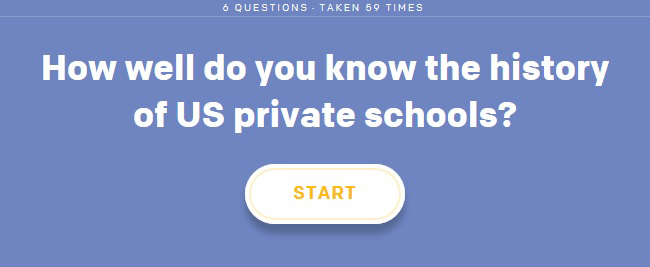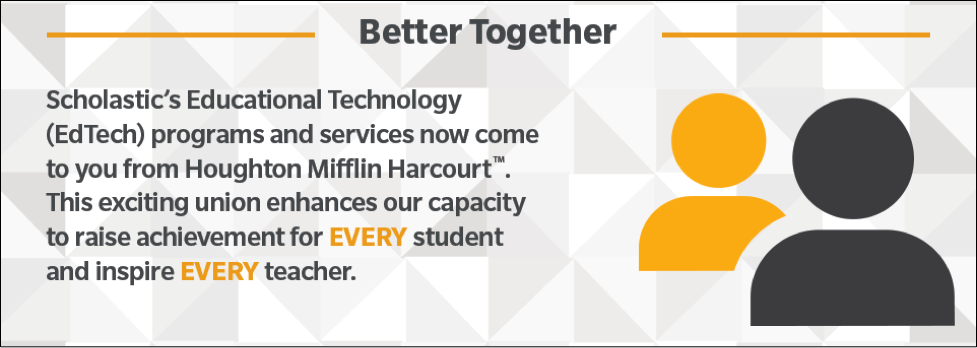
Private and Parochial School Newsletter October 2015 |
|||
Using Data-Driven Decision Making to Transform
|
|
||
Private and Parochial School SpotlightIs your school a leader? Do you have a great success story you’d like to share? Tell us about it and you could see your school featured in a future edition! |
Professional Development CornerFrom The Teacher Tip, A Free App from HeinemannHave Students Write To Communicate Solutions | ||||||||
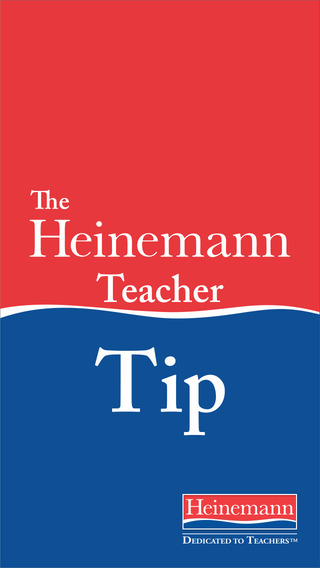 At the conclusion of the class period, ask students to summarize their work and explain their mathematical reasoning. Then, analyze their writing to determine solutions.
This brief analysis of the written description helps clarify what the student understands and what he or she is still confused about. This information helps to inform further instruction. Wolf, Nancy Buter. 2015. Modeling With Mathematics: Authentic Problem Solving in Middle School. The Heinemann Teacher Tip app is a free download. |
||||||||
Product Spotlight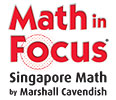
Math in Focus® is an authentic Singapore Math® curriculum—with problem solving as the center of math learning and concepts taught with a concrete–pictorial–abstract learning progression through real-world, hands-on experiences. Beyond the digital learning tools and apps that are native to the core program, Math in Focus® Digi+™ offers a complete online teaching and learning environment for Grades 1–5 students. – Learn more Watch this video to see how Math in Focus is motivating students and changing math classrooms at St. Stephens & St. Agnes School in Arlington, Virginia. |
Financial Resources to Help Your School Excel
|
Monthly PollLast month’s poll results: What are your education goals for this school year?
This month’s poll: Are you a Private and Parochial School History buff? Test your knowledge with our exciting new quiz. See how you rate instantly! |
Exciting News!Learn more. |
HMH Curious Classroom ContestHave you created an innovative tool or lesson that engages and inspires students? Or an original and effective digital resource that motivates learners to go above and beyond? Winners of this contest will receive new technology and resources for their classrooms! Submit your video entry by October 31, 2015. |
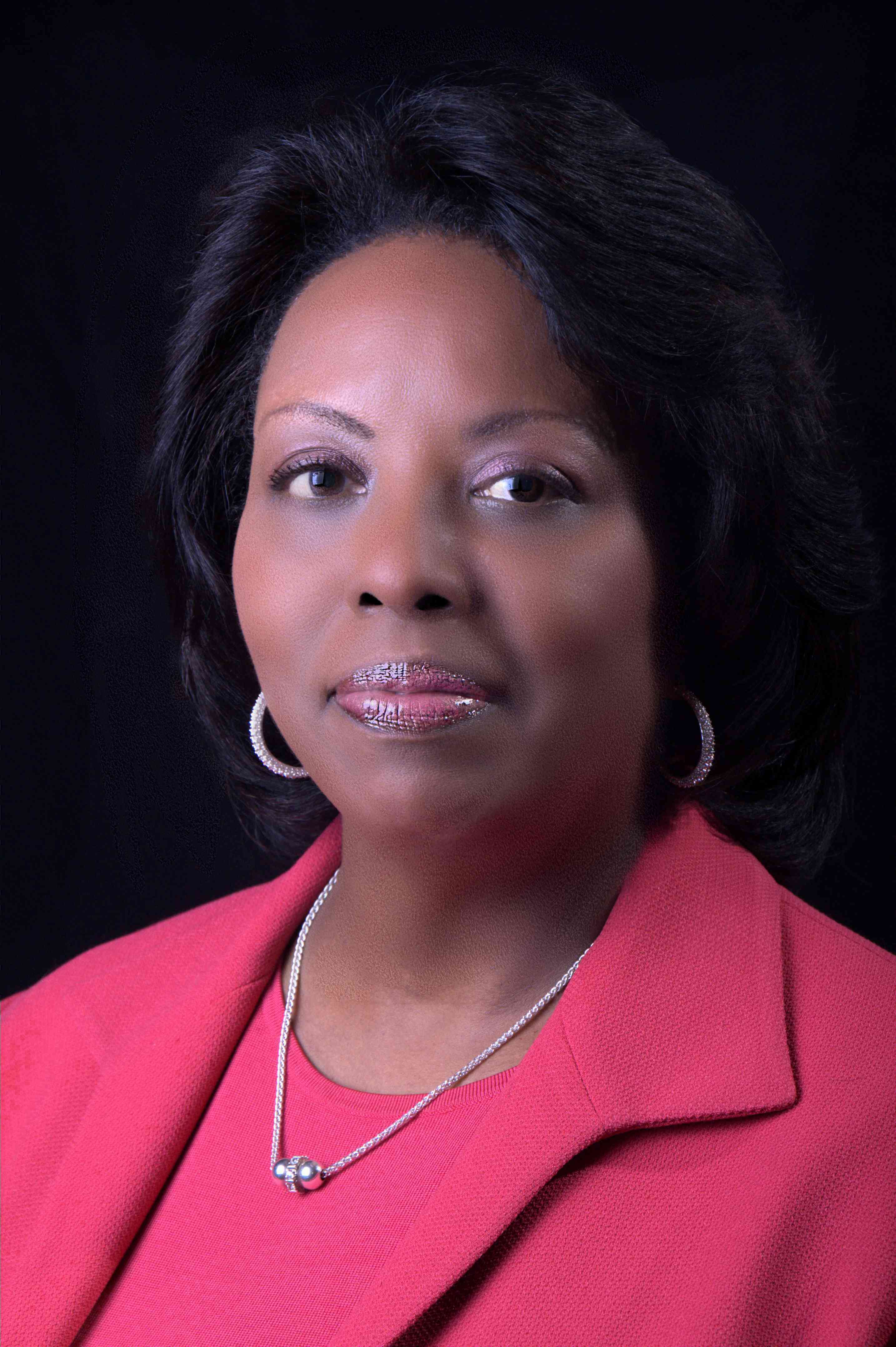 Using formative school-wide assessment data to transform the teaching and learning process requires teachers to become data literate and the adoption of a systematic process for using data to provide evidence for instructional planning to meet the individual learning needs of students.
Using formative school-wide assessment data to transform the teaching and learning process requires teachers to become data literate and the adoption of a systematic process for using data to provide evidence for instructional planning to meet the individual learning needs of students. 
